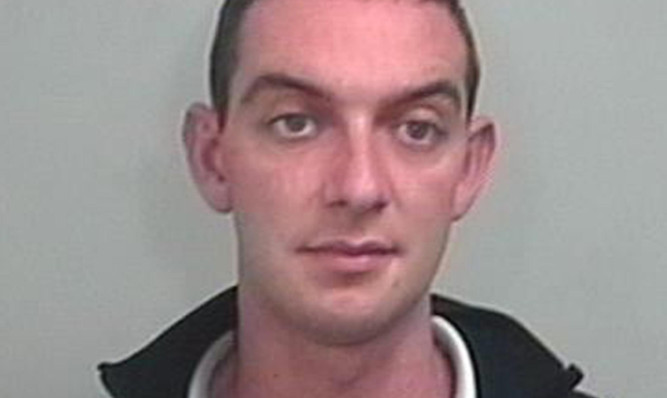Campaigners for a nurse convicted of murdering four patients claim new evidence has emerged that challenges his conviction.
Glasgow-born Colin Norris was jailed for at least 30 years after being found guilty in March 2008 of murdering the elderly women while working in Leeds General Infirmary and the city’s St James’s Hospital in 2002.
A doctor raised the alarm after noticing that one of the patients had suddenly and unexpectedly slipped into a hypoglycaemic coma from which she later died.
A jury at Newcastle Crown Court was told that Ethel Hall, 86, who was not diabetic, had been injected with a massive and fatal dose of insulin, which reduced the sugar content in her blood to a level where her brain became starved of the glucose it needed to function properly.
Tests showed insulin levels 12 times the norm, the court heard. Norris has always protested his innocence and denied injecting patients with insulin.
The authors of a new book on the case say they have uncovered fresh evidence that casts doubt over his conviction.
The Case of Colin Norris draws on a review from the geriatric medicine department at Rotherham General Hospital and the Bedfordshire and Hertfordshire postgraduate medical school, which concludes that “hypoglycaemia is not uncommon in hospitalised non-diabetic older people”.
The evidence has been submitted to the Criminal Cases Review Commission, the independent public body set up to investigate possible miscarriages of justice in England, Wales and Northern Ireland.
Norris’s mother, June Morrison, speaking on ITV’s Daybreak, said she was hopeful his case would now be referred back to the Court of Appeal.
“It is so strong, the new evidence, hopefully people will take a good look at it and hopefully we can get it back to the Court of Appeal,” she said.
Speaking about his experiences in prison, she said: “We have never been in trouble with the police, we have never had any dealings of that sort.
“So, to throw someone from that into a category A prison – it has been very difficult for him. He has had to change his way of thinking. He is always looking over his shoulder still, that is part of the regime, that is what he has got to do.
“He has got to deal with what happens every day in prison. I am out here trying to deal with making more people aware.”
In 2011 insulin expert Professor Vincent Marks told a BBC investigation that research he carried out showed hypoglycaemic episodes were not “that rare” among elderly patients in hospitals.
Norris’s solicitors said the research was “compelling” and suggested that evidence presented at the trial was “inaccurate and misleading”. They said it cast “serious doubts” over the safety of his conviction.
